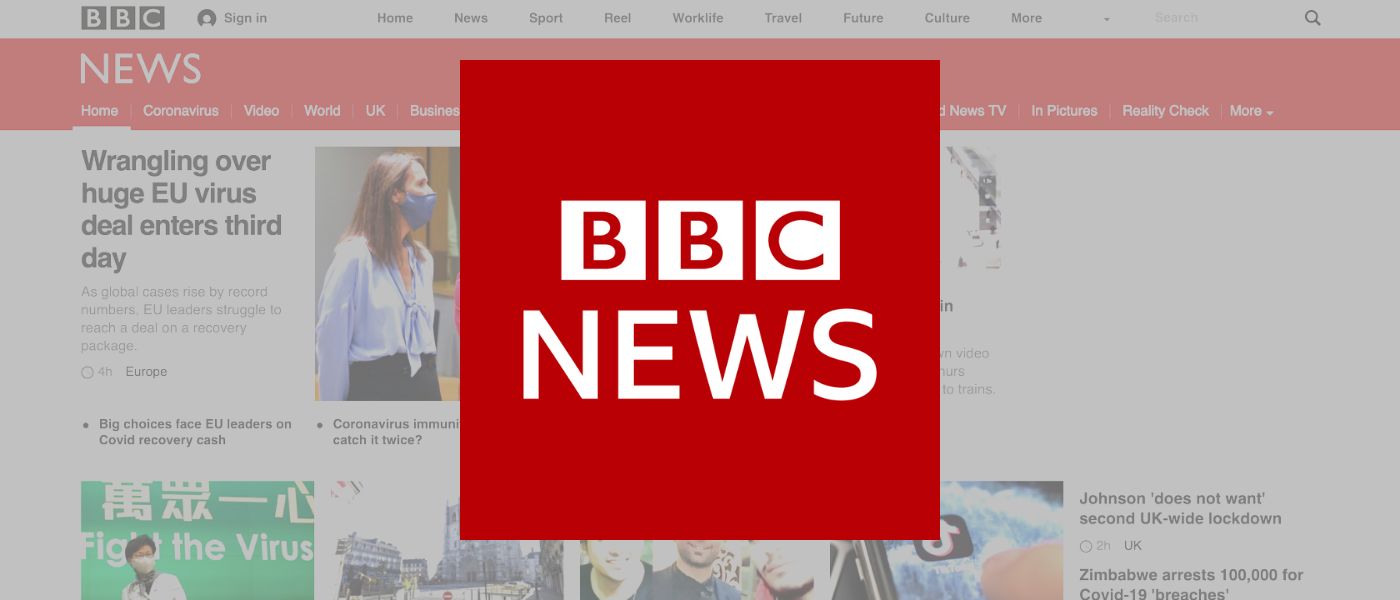382 reads
How the BBC is Duplicating Category Pages and Using Canonical Links
by
August 1st, 2020
Search Engine Optimisation Specialist with variety of interests including web dev, pen testing...
About Author
Search Engine Optimisation Specialist with variety of interests including web dev, pen testing...
